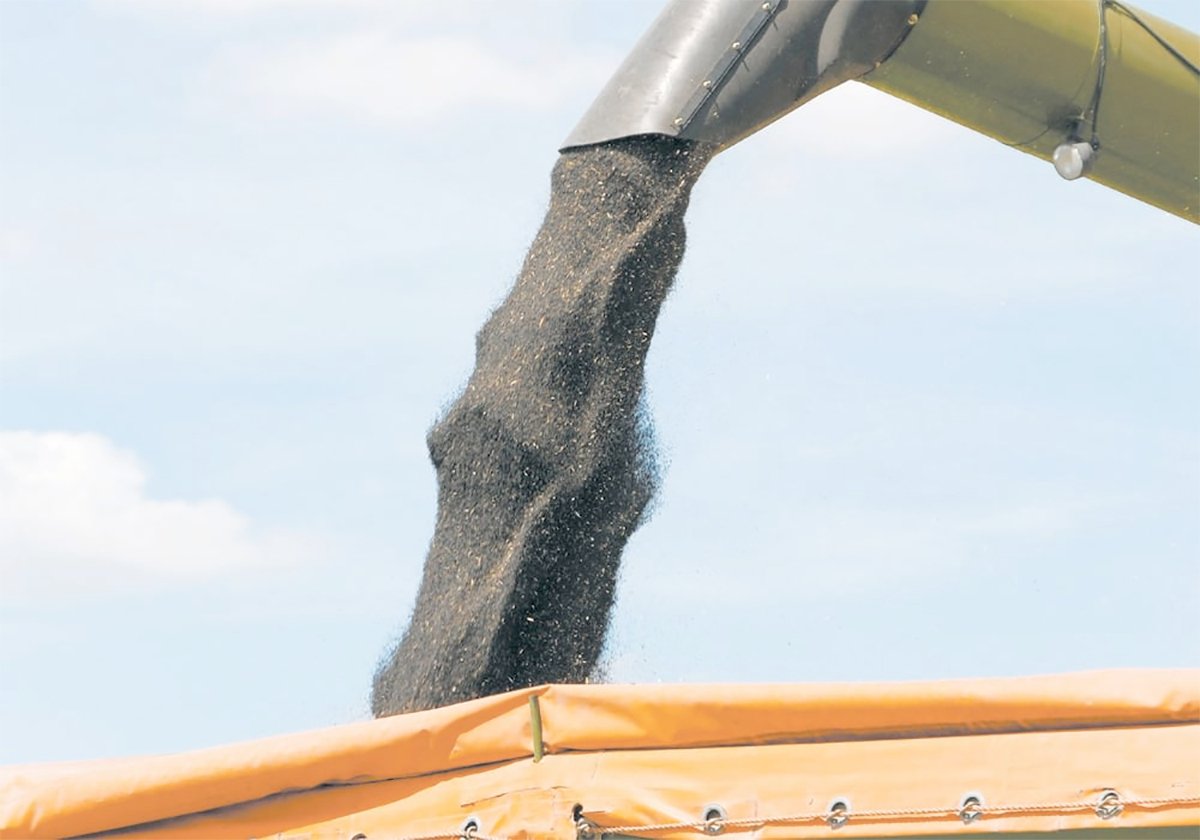Ralph Goodale continues to be the main voice of the Liberals on the Prairies.
In a recent meeting with The Western Producer’s editorial board, he said all the things that you’d expect from a prairie politician, but it’s not clear whether his tenacity in surviving the Conservative juggernaut in the region will translate into gains in October’s federal election.
And it’s unclear what prairie farmers could expect under a Liberal government led by Justin Trudeau.
Goodale has represented the Regina riding of Wascana continuously since 1993. He and Winnipeg North MP Kevin Lamoureau are the only Liberals in the Prairies.
Read Also

Determining tariff compensation will be difficult but necessary
Prime minister Mark Carney says his government will support canola farmers, yet estimating the loss and paying compensation in an equitable fashion will be no easy task, but it can be done.
In our meeting, he stressed the “colossal” mess the Conservatives made of Western Canada’s grain handling transportation system, which he says has cost farmers $5 billion over the past few years. Grain is moving better now, though still not to everyone’s liking.
He supports a railway costing revenue review. Some farm groups say Canadian National Railway and Canadian Pacific Railway are making up to 20 percent more than what was deemed fair in 1992 by the Canadian Transportation Agency, which enforces revenue caps on rail companies.
The Manitoba Co-operator has reported that federal agriculture minister Gerry Ritz would support a costing reviewing if it studied all aspects of the grain handling and transportation system rather than focusing solely on railways.
Goodale’s proposal to set up an agency to “quarterback” the transportation system might be echoed by the CTA review, which is expected to issue an interim report by the fall. It’s likely the Conservatives will use the report as a basis for policy during the election campaign, undermining any inroads the Liberals might make.
Goodale also voiced concern about the possibility the Conservatives might weaken Canada’s supply management system in the dairy, poultry and egg sectors as part of the Trans-Pacific Partnership talks.
Yet it’s not clear what the Liberals would do — faced with pressure from the United States, Australia and New Zealand to do just that — if Canada is to be part of the trade agreement, which would offer export opportunities to other farming sectors, most notably canola.
The Liberals have yet to devise a strategy that will differentiate them enough from the Conservatives to overcome the party’s stance as weak sister on the Prairies.















